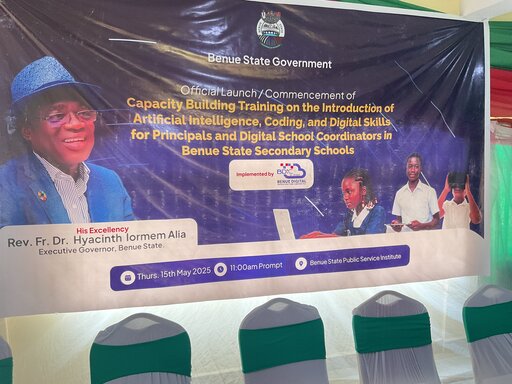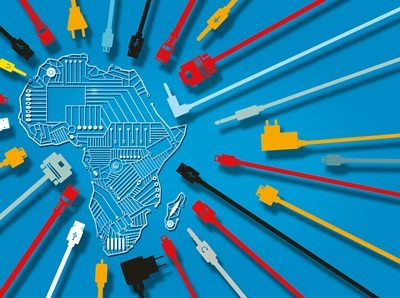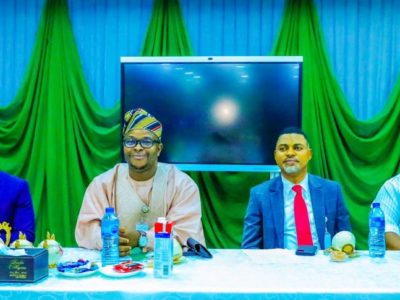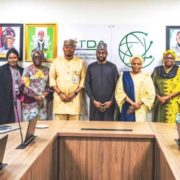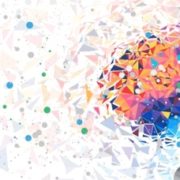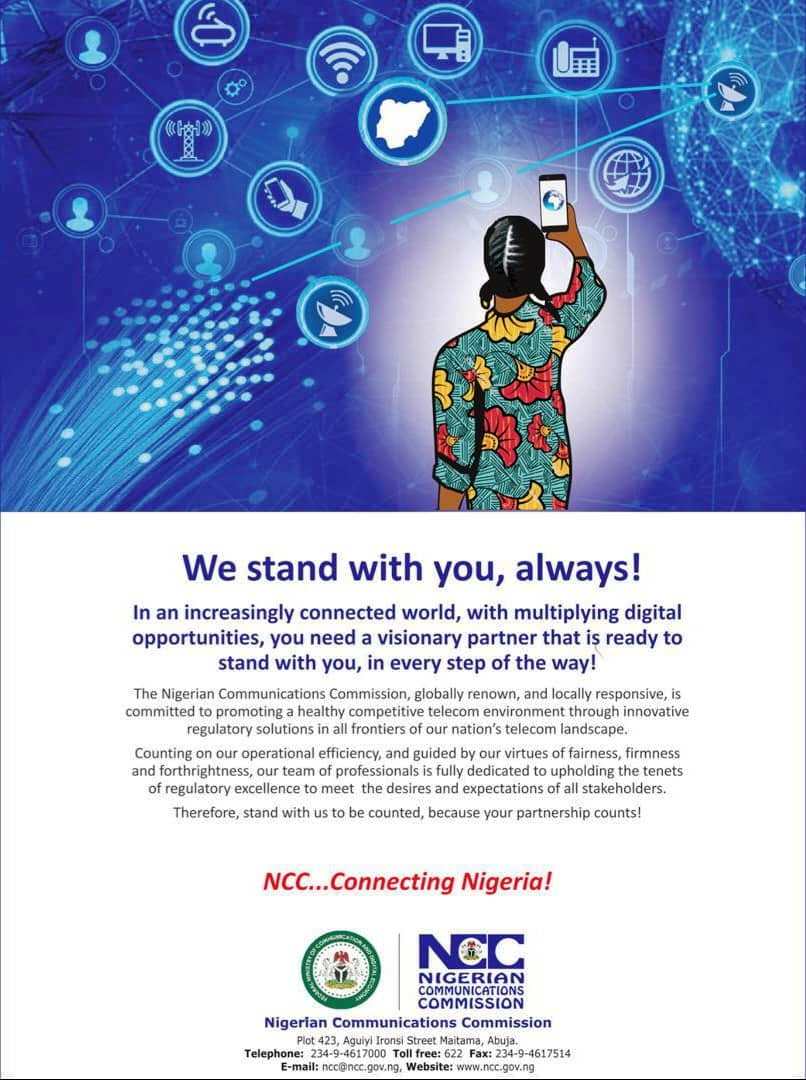Benue State leads with AI, coding, and digital skills training for secondary schools.
By Gbande Hembaor Terwase, Managing Director/CEO, Benue Digital Infrastructure Company (BDIC).
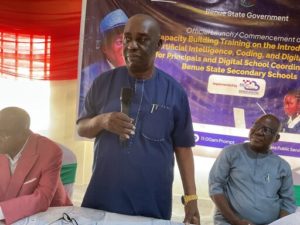
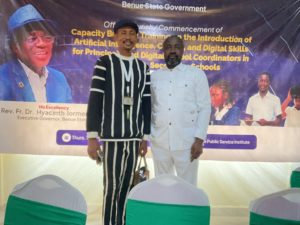
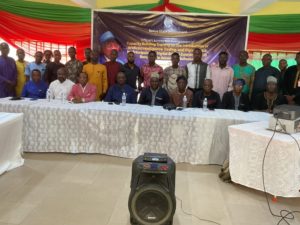
A Future-Ready Step for Benue State’s Education System
This week, as the Managing Director/CEO of the Benue Digital Infrastructure Company (BDIC), I had the privilege of leading a strategic milestone — the official launch of the “Capacity Building Training on the Introduction of Artificial Intelligence, Coding, and Digital Skills” for principals and digital school coordinators across Benue State.
RELATED: Benue showcases ambitious tech vision at investment summit: BDIC leads push for digital transformation
This forward-thinking initiative brings together school leaders and tech coordinators from 15 pilot secondary schools across the three senatorial districts of Benue State. It is more than a digital training program — it is a visionary intervention that lays the groundwork for 21st-century learning, digital transformation, and economic empowerment.
Why AI, Coding, and Digital Skills Matter for Secondary Education
The world is moving fast, and education must evolve with it. Artificial Intelligence (AI) is not just a buzzword — it is rapidly reshaping how we live, work, and learn. Research confirms that when applied effectively in education, AI enhances personalized learning, improves academic outcomes, and increases student engagement through real-time, tailored feedback.
AI helps students identify their strengths and weaknesses quickly, enabling teachers to focus their lessons more effectively. From automated assessments to content generation and interactive learning platforms, AI can drive cost-effective, inclusive, and high-quality education even in resource-constrained environments like rural Benue.
Balancing Opportunities and Risks in AI Integration
Of course, the integration of AI in classrooms is not without its challenges. Concerns such as data privacy, over-reliance on technology, academic dishonesty, and the erosion of critical thinking must be addressed. However, these challenges are not deal-breakers — they are solvable with the right policies, training, and stakeholder engagement.
The bottom line? The benefits far outweigh the risks. In today’s digital-first world, any society that ignores the power of AI risks being left behind.
Governor Alia’s Vision: Digitally Empowered Youth for a Prosperous Benue
The successful rollout of this program under the leadership of His Excellency, Rev. Fr. Dr. Hyacinth Iormem Alia, the Executive Governor of Benue State, reflects a strong and strategic commitment to digital inclusion, youth empowerment, and educational reform.
Governor Alia’s administration understands that a digitally literate youth population is not just a policy objective — it is a necessity for job creation, innovation, and economic growth. With BDIC leading infrastructure development for this initiative, Benue State is well on its way to becoming a hub of digital excellence in Nigeria.
The Role of BDIC in Benue’s Digital Transformation
At BDIC, we are deeply committed to creating the backbone for technology-led development in Benue State. Through strategic partnerships, local capacity development, and smart infrastructure investments, we believe this AI and digital skills initiative will:
- Prepare students for jobs of the future
- Support teachers with intelligent educational tools
- Foster entrepreneurship and innovation
- Narrow the digital divide in underserved communities
This is a foundational investment in the human capital of Benue State—and by extension, Nigeria.
“Digital Literacy for All” is a Call to Action for Stakeholders
To achieve the goal of “Digital Literacy for All”, we call on parents, teachers, school administrators, community leaders, development partners, and private sector actors to embrace and support this innovation. Let us join hands to raise a future-ready generation that can compete, create, and contribute in a global digital economy.
Together, we can make Benue a beacon of digital transformation in Nigeria and Africa.

